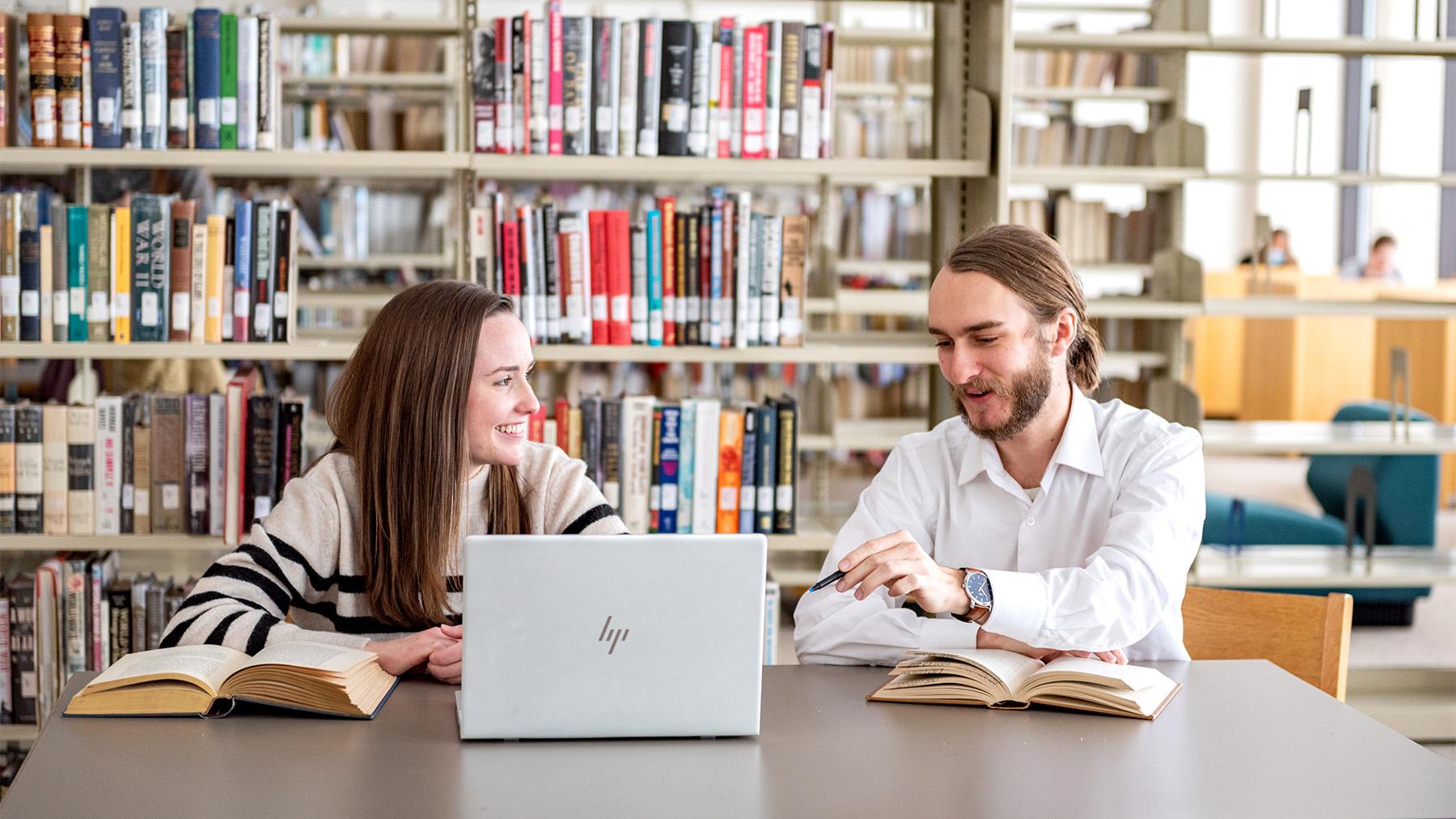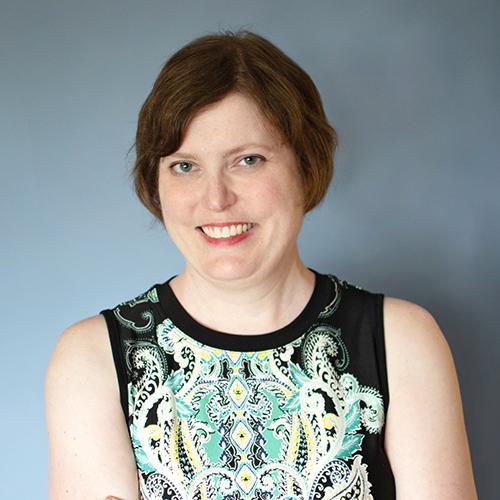Writing

-
Program TypeMinor
-
SchoolSchool of Arts & Sciences
Find your voice. Learn to write for any audience.
What You'll Learn
You'll master the fundamentals of professional writing as you build technical competence and survey a broad range of industry-relevant genres.
- Explore Diverse Styles and Forms
As you analyze various audience-specific communication strategies, you'll discover what it takes to craft a standout message for anyone, anywhere.
- Gain Practical Experience
You'll have the opportunity to put your coursework into practice by serving your peers as a Writing Center consultant, collaborating with regional creators and business leaders, and contributing to local publications, such as Bismarck Magazine.
- Expand Your Rhetorical Know-How
You'll hone crucial research and critical thinking skills by evaluating and constructing written arguments, developing professional communication plans, delving into the art of storytelling, and more.
Program Information
Please visit our catalog for admission requirements and a full list of our courses.
Featured Faculty

Valerie Kolbinger, PhD
Assistant Professor of English
I teach all of the courses in our composition sequence, helping students strengthen their writing skills. I also teach our Introduction to Narrative and Grammar courses. Outside of the classroom, I enjoy working with students in my roles as faculty mentor for English senior seminar projects, faculty advisor for Vera Forma, and assistant faculty advisor for the Creative Writing Club. Although my own research focuses on Victorian novels, particularly sensation novels, I enjoy studying and teaching a wide range of topics within English.
When I'm not in the classroom, I enjoy playing board games, making crafts, reading, and collecting literary-themed mugs.

Amy Hollar, MA
Assistant Professor of Communication, Internship Coordinator
Preparing all students to succeed in today’s increasingly dynamic and complex world requires a great deal of effort, passion, and patience. I am a professor who believes it is my responsibility to know who my learners are, what knowledge and experiences they bring forward, and work collaboratively with students to open new doors and new ways of thinking in order to prepare them for their future.

